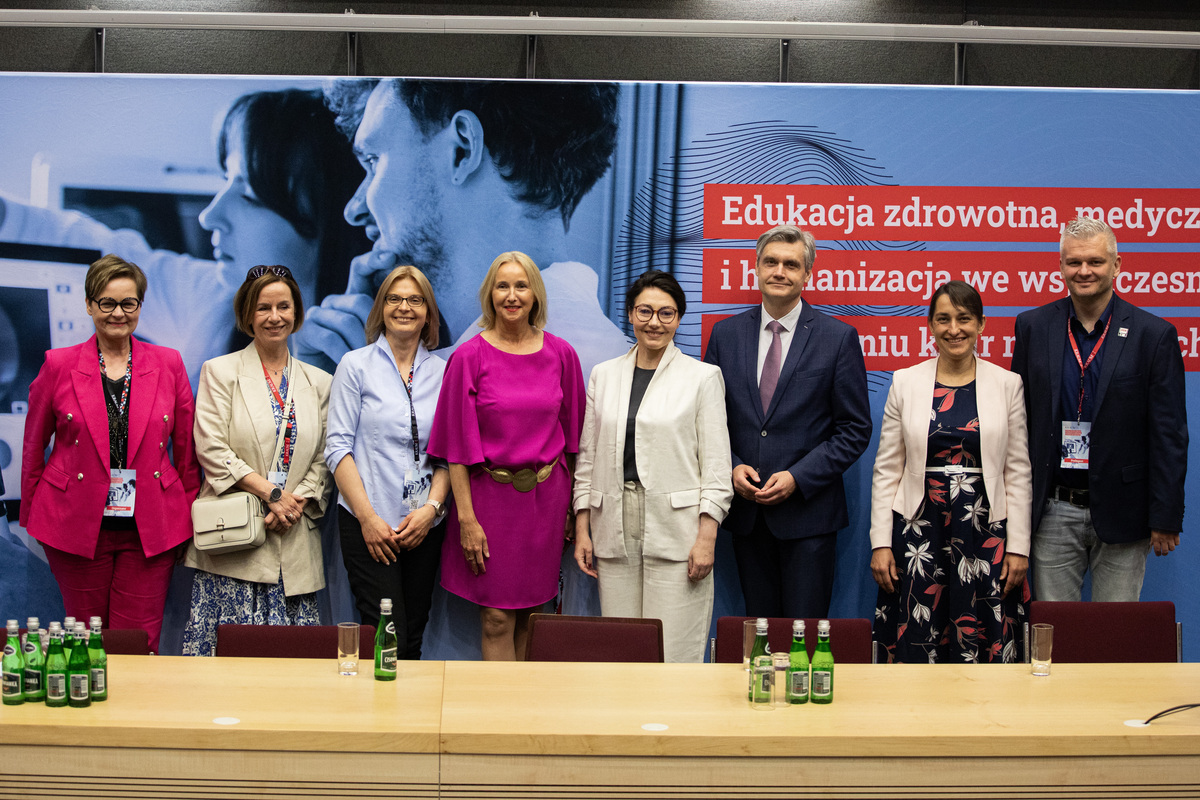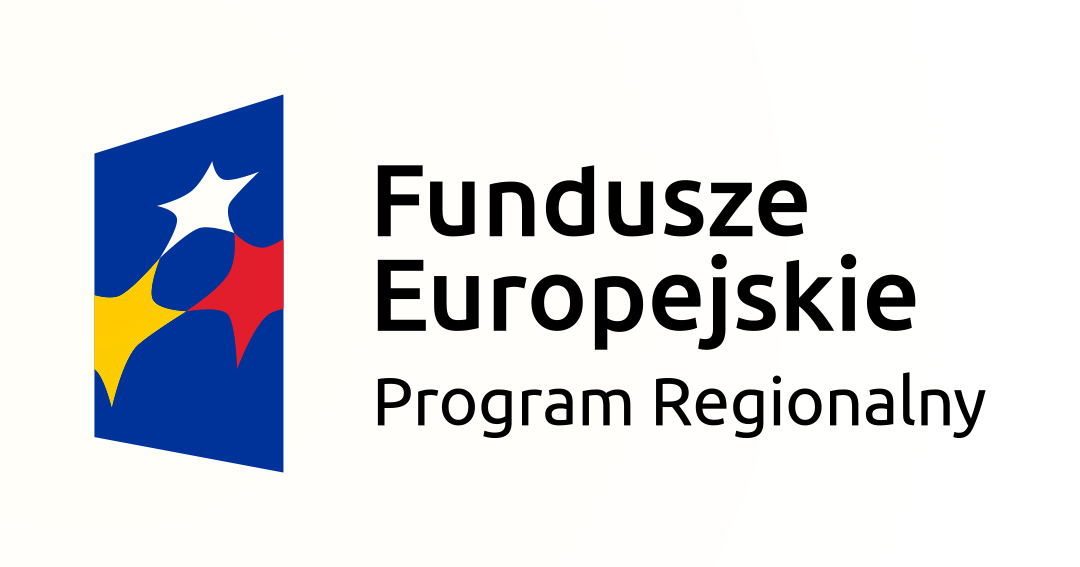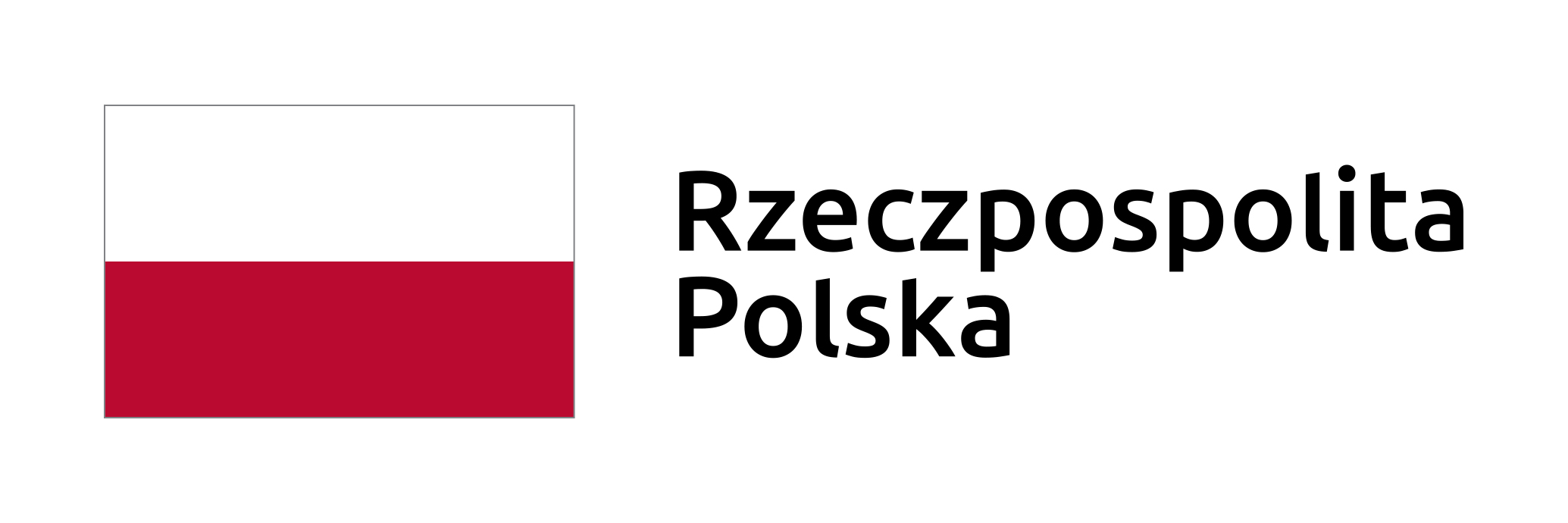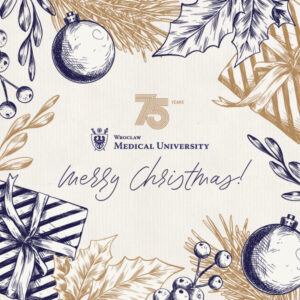
The rectors of academic medical schools are appealing to parents to enroll their children in health education classes, although they will not be mandatory. At the same time, they believe that regulations should be introduced as soon as possible to utilize the potential of thousands of public health graduates who could support the system in the area of health education and prevention.
The first day of the KRAUM conference “Health, medical education and humanization in contemporary education of medical personnel”, organized at the Wroclaw Medical University on May 22-23, was devoted to prevention and health education. The fact that we have a lot to catch up on in these areas is proven by hard data.
– Life expectancy and the number of deaths that can be avoided through preventive measures are indicators in which Poland deviates unfavourably from the average in the European Union – emphasized the chairwoman of the Senate Health Committee, Dr. Beata Małecka-Libera, who participated in the KRAUM conference. – There is a lot of talk about the lack of medical staff in our country, but at the same time we are educating a whole group of people whose career path has not been and is not fully utilized. These are public health graduates who have all the competences to play the role of coordinators and educators in the system.
The senator informed that the Ministry of Health is working on regulating the profession of prophylactician. The Dean of the Faculty of Health Sciences of the Wroclaw Medical University, Dr. Łukasz Rypicz, added that under the current legal status, a thoroughly educated and competent public health graduate would not be able to conduct health education classes in schools after graduation. He must additionally obtain teaching qualifications.
– Health education is knowledge, and knowledge is safety – said dr hab. Łukasz Rypicz. – We regret that this important subject is introduced to schools in an optional form. As an academic community, we appeal to parents to let their children participate in these classes. We know that this will bring real benefits. One example is Sweden, where health education was introduced to the curriculum many years ago and the effects are visible – a much healthier society.
Without waiting for new legal regulations, the Wroclaw Medical University wants to provide substantive support for the area of health education. University employees are developing a textbook for teachers of this subject. The publication will contain issues consistent with the core curriculum, discussed in an accessible way, adapted to the perception of students, but based only on reliable scientific knowledge.
The language of communication, diversified by the recipients, is extremely important not only in schools. How to effectively reach patients with information that is often emotionally difficult for them? This is one of the next topics that representatives of medical schools from all over the country will discuss on the next day of the conference, Friday, May 23.
– As medical universities, we have a mission to educate medical staff and equip them with various competencies – explained the Vice-Rector for Students and Teaching at the Wroclaw Medical University, Prof. Agnieszka Piwowar. – It is also about social competencies, which is why as a community we emphasize the importance of humanizing medicine and empathy in contacts with patients. This applies not only to doctors, but to all medical professions, because the treatment process involves multidisciplinary teams consisting of doctors, nurses and midwives, pharmacists, physiotherapists and dieticians. The ability to cooperate with each other is important, which we also have to teach during studies.
Difficult conversations in medical practice, the dignity of the geriatric patient and a holistic approach to the patient – these are the main topics of the panel on the humanization of medicine.
– There is something sad in the fact that we have to return to the discussion about humanization and empathy. For many years I lived with the conviction that they were the default value in the medical profession – noted the panel leader, Dr. Hab. Robert Zymliński, prof. WMU, Dean of the Faculty of Medicine at WMU. – However, times are changing, not only because social sensitivity is changing, but also because of the language used in the system. We do not talk about people, illness and suffering, but about “beneficiaries” and “providers” and “procedures”, because such language is forced by the payer. That is why many of us “provide medical services” and do not treat. We want to change this and equip representatives of medical professions with the appropriate competences to be able to provide patients and their loved ones with reliable and true information, even when it concerns critical situations, while at the same time not taking away patients’ hope and respecting human dignity.
The conference was accompanied by two days of KRAUM sessions >>
Photo: WMU







